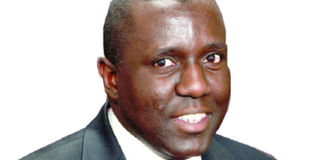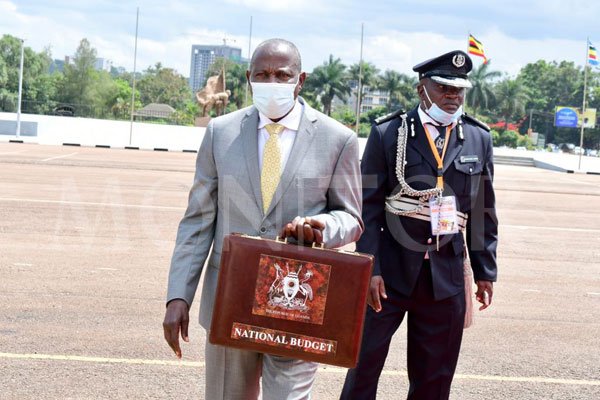Prime
President, Finance cheer up the weary economy

The highlight of the State-of-the-Nation address and Budget speech delivered in the last news cycle was Uganda’s progression to middle income status on the basis of achieving $1046 per capita.
$45.7 billion GDP on an estimated population of 45 million. The recitation with which this news is likely to be repeated bears little resemblance to actual performance of the economy. In the aftermath of passive measures to boost the economy, allowing commercial banks to restructure credit, tax amnesties, the actual health of the economy is in bad shape.
Very few people will believe the economy actually grew at all in 2021/2022. Business closures, sharp drops in profitability and inflationary pressures driven by the war in Ukraine, higher prices of gasoline products and reduction in foreign exchange inflows are cause of concern.
Stagflation, high inflation, low economic growth is already earmarked by the World Bank as a global problem likely to see both large economies in the G-7 like the United States and Britain enter into a recession. Both the US and the UK contracted in the last quarter. A second quarter signals a recession. Stock markets are gyrating into bear territory where stock indices register a fall of 20 percent to enter bear territory.
Concerned that excessive stimulus may have overheated the American economy, the US Federal Reserve embarked on a series of interest rate hikes to cool off inflation pressures which have disrupted supply chains in manufacturing, disrupted the workforce as more workers continue to drop out of employment unable to cope with a high cost of living, and attendant high cost of sustaining employment.
Inside the United States, many large corporations; Tesla, Volkswagen, Caterpillar, Boeing and others continue to move from high cost, high regulation states to more affordable states like Virginia, Tennessee, Texas which are struggling to cope as their social infrastructure is not well developed.
The Bank of Uganda ahead of the Budget speech announced an increase in the CBR, which in turn signals the overnight rate at which banks lend each other. Many Banks are struggling with high pressure on their cash margins as large firms prepare to remit year end profits. An interesting conversation has reappeared in the media, first in February in the Observer and now on social media led by Prof Ezra Suruma, a casualty of his “statist” economic views, dismissed first as Managing Director of UCB in the 1990s after Frank Mwine, the ebullient Harvard trained lawyer, and later as Minister of Finance after a short tenure 2006-2009.
Prof Suruma returned to the US where he had attended school to pay homage to the masters at Brookings Institution but his core ideas remain a big reality check on the abundant over-reliance on foreign capital that has deprived Ugandans of the benefits of monetisation of the economy.
Interestingly, this line of attack was maintained by the late BoU Governor Emmanuel Tumusiime-Mutebile who argued – egged on by foreign advisors against nationals owning banks. Infact of the 27 licensed banks, none is majority owned by locals. Centenary Bank comes close but does not have individuals as shareholders.
Full scale repatriation of foreign capital is a big issue. What both the President and the Minister of Finance have also failed to diagnose and catch up with is this phenomenon of capital erosion among the indigenous capitalist class. High unbearable costs of capital the likes that are strangling domestic entrepreneurs Habib Kagimu, Ham Kiggundu, Patrick Bitature, that killed their predecessors’ efforts, the late Christopher Sembuya, the late Kasagga “Zimwe”, Okeny of Vitafoam fame worsened by regulatory costs and sometimes extortionate taxation are slowing Uganda’s economic journey from a least developed country to middle income status.
The Pinnetti debacle and its close relatives draw from the same book. Allow foreign capital with tax holidays, all sorts of incentives to function at the highest levels while unleashing the red book and the red tape on the others. The search, sight and tax attitude to meet unreasonable targets by our lenders is a symptom of lack of a clear “political line”, it is an ideological failure where lip service replaces a change in methods of work to replace politics with economics in public life.
So as long the middle income attainment is more of skepticism about official data. Tanzania’s news of middle income status was seen as transformational while our news is listened to in a state of bemusement alternating with disbelief.
Mr Ssemogerere is an Attorney-At-Law and an Advocate




